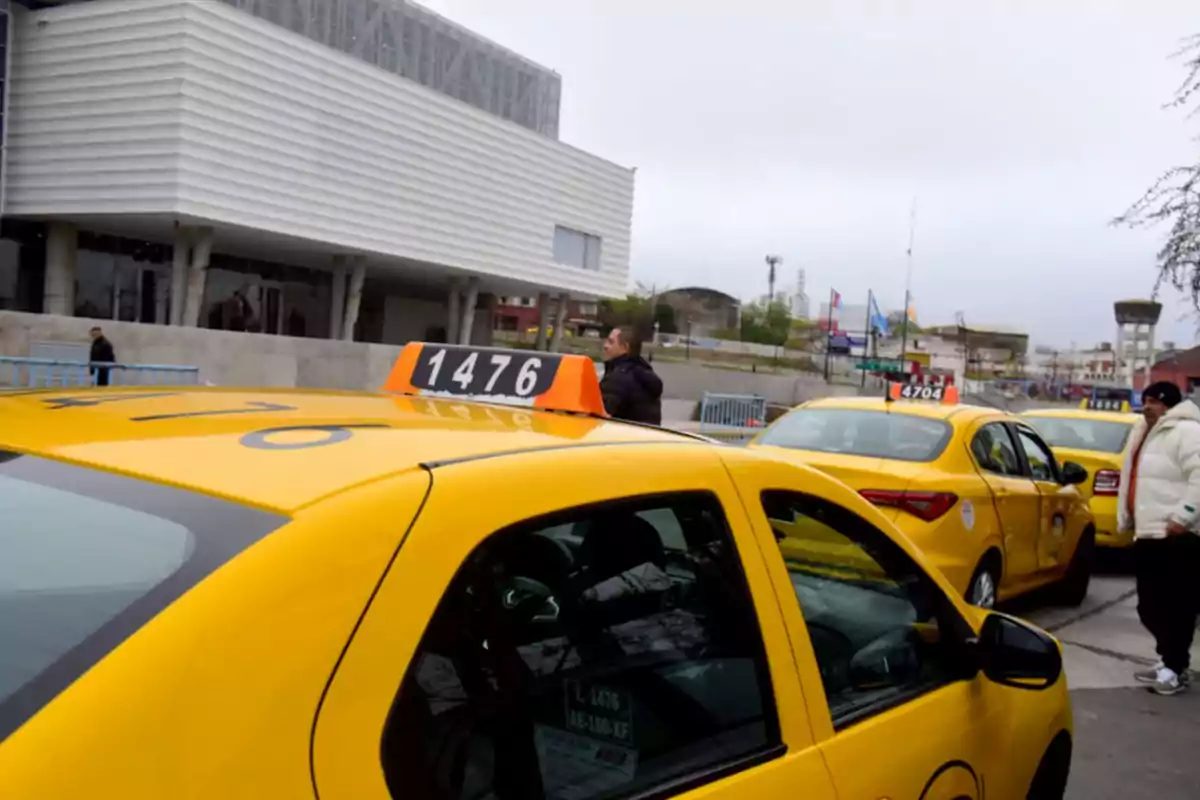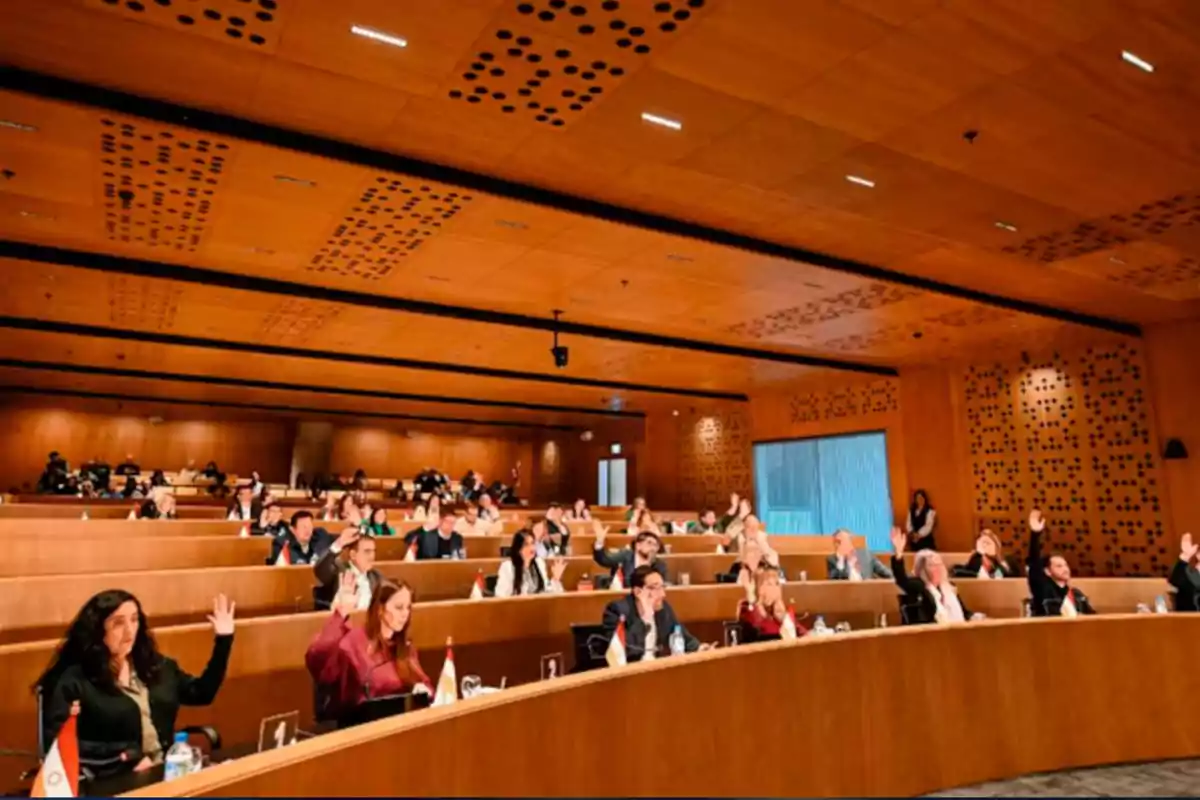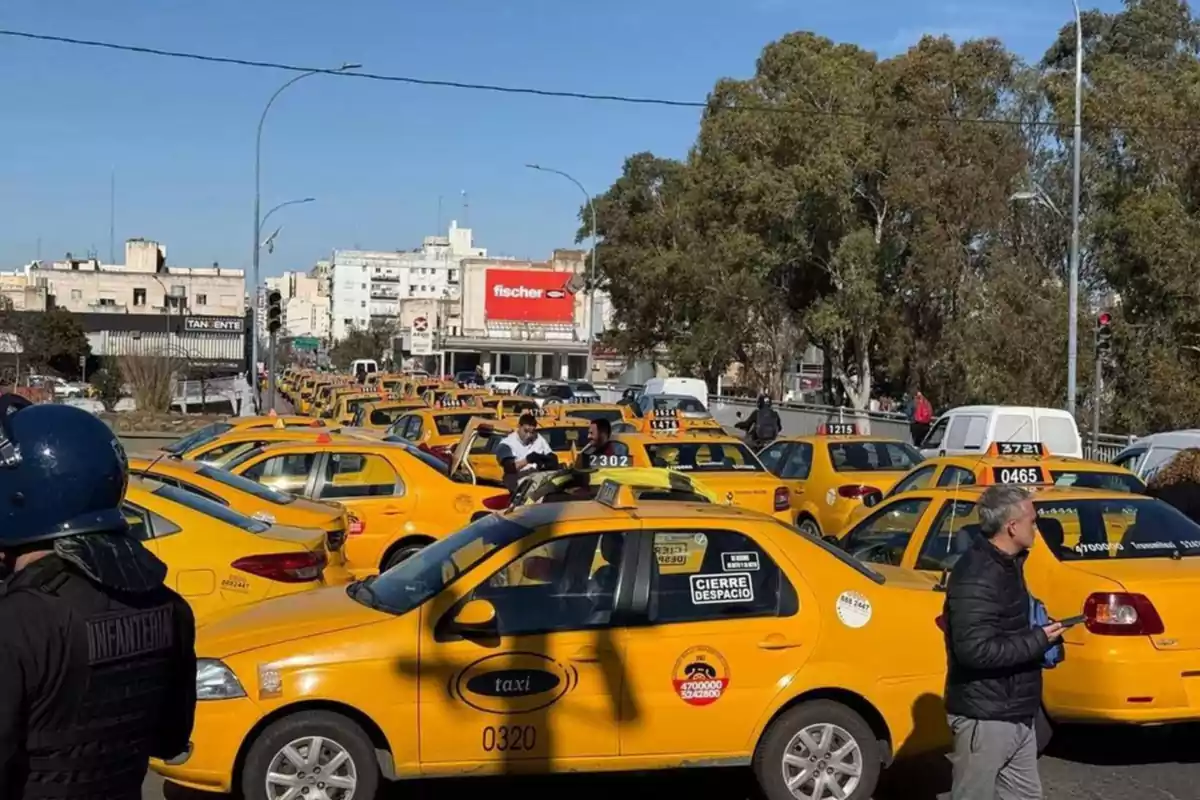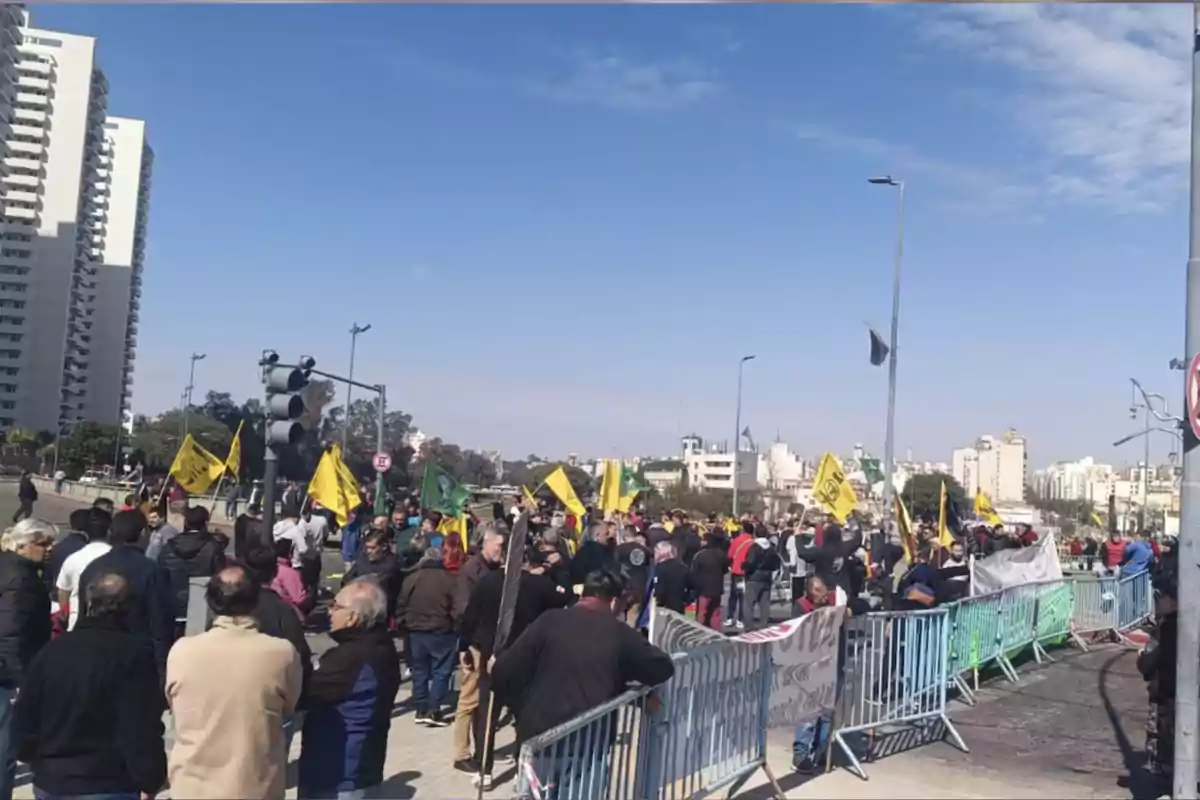
Uber regulation was approved in Córdoba: what changes will there be and how will it work now
The City Council removed the driver limit for Uber and other apps, but maintained regulations, and there were incidents due to protests
The Córdoba City Council eliminated the license cap for platforms such as Uber, Didi, and Cabify. However, the apps will remain subject to rules and requirements imposed by the municipality. This limits true competition and freedom of choice for users and drivers.
The measure was approved by 28 votes in favor, 2 against, and one abstention, after an extensive debate. The change represents a partial step toward the modernization of transportation. However, it leaves intact the state's authority to regulate fares, requirements, and sanctions for the applications.
The ruling party defended the decision as a controlled opening. Critics argue that, without full deregulation, competition will remain incomplete. They also questioned the continued state intervention in setting prices and operating conditions.

Union protests with high impact on the city
While the ordinance was being debated, taxi and remis drivers blocked key access points to downtown Córdoba. The protest caused roadblocks between the Alvear and Maipú bridges, complicating traffic and causing delays of over an hour. The atmosphere was tense from the early hours.
There were incidents between protesters and the police, with shoving, scuffles, and street blockades. The demonstration was led by leaders who reject competition from the platforms. Among them, Jorge Montes made harsh accusations against the governor and promised to "resist until the last drop of blood."
For many residents, the protests were an act of corporate pressure. They point out that taxi and driver unions act as lobbies seeking to maintain privileges and block more efficient and economical alternatives for passengers.

A change that doesn't guarantee a free market
Although the elimination of the cap is a step toward opening, the platforms will remain under an authorization and control framework. They must meet administrative requirements, register drivers, and submit to municipal inspections. This keeps barriers for new providers.
This discourages innovation and limits the ability for prices to be determined by supply and demand. Experts warn that a free market can't coexist with this level of intervention.
In contrast, cities that opted for full deregulation managed to expand supply, lower prices, and improve service. Córdoba, although it took a step, keeps state control that hinders full competition in urban transportation.

More posts: